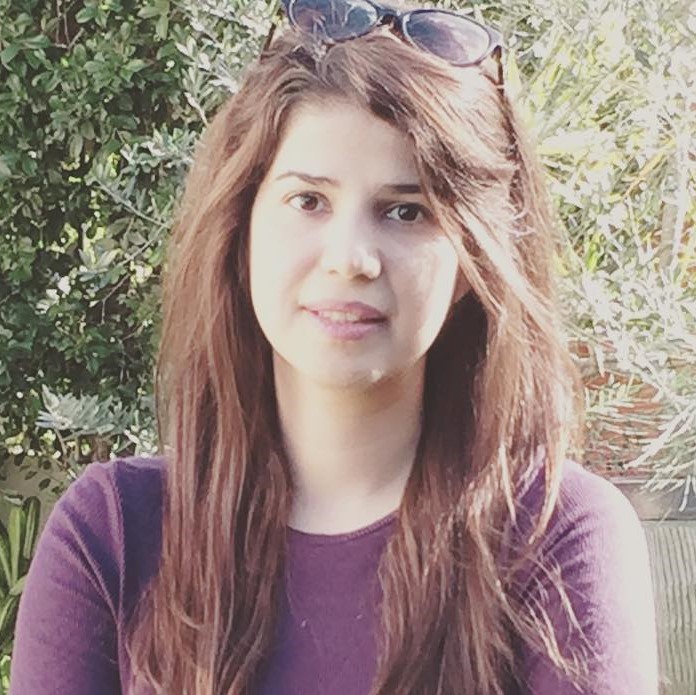The Future Science Leaders is a series of seminars that will run as a part of the QAAFI Science Seminar Series through out the year. These seminars are dedicated to showcasing early-career and student researchers. Each seminar will feature two students, from two different areas of research to encourage inter-disciplinary discussion across industries.
Canopy Position Influences on Gene Expression and Coffee Quality
Bing Cheng, Centre for Crop Science
Coffee is one of the most valuable product exported worldwide. Coffee quality and price is influenced by the environment where the coffee is grown. Climate change, for example, threatens many high-quality production sites that have been at high altitudes in the tropics. Genetic adaptation of coffee for production of quality beans in a wider range of environments is required to ensure supply of high-quality coffee as many traditional production environments at high altitude are lost due to climate change. Understanding the compositional and genetic basis of coffee quality are key to this genetic adaptation.
To approach this, phenotypic and transcriptomic analysis were conducted to assess bean composition and gene expression in the upper and lower canopy levels of the coffee plant. Transcriptome analysis is a comprehensive technology allowing the capture of all the genes expressed in a cell at a certain time point and environment. However, research gaps remain in the absence of a genome or transcriptome reference and the time points to be selected.
Therefore, in this study, we first screened the key components related to coffee quality. Second, three ripening stages were selected and a transcriptome reference was generated for the downstream gene expression analysis. Third, key quality related components accumulating through coffee bean ripening were analysed. Last, Association studies were processed to understand how environment influenced the accumulation of these key components and candidate gene expression in coffee beans from the upper and lower canopy and finally determines coffee quality. Selection of coffee with enhanced expression of candidate genes might improve quality in a wider range of available environments addressing the need to adapt coffee to climate change.
Genetic Diversity and Molecular Evolution of Alfalfa Leaf Curl Virus
Samira Samarfard, Centre for Horticultural Sciences
Alfalfa leaf curl virus (ALCV) is an aphid-transmitted geminivirus which belongs to the genus Capulavirus that was discovered in France. ALCV was recently detected in lucerne crops showing severe dwarfism in Argentina, in mixed infections with several other viruses. We investigated the genetic variability of ALCV based on the complete genome sequences of 62 isolates from different lucerne growing regions in Argentina and France. Phylogenetic and sequence identity analyses showed that all ALCV isolates from Argentina are most closely related to the French isolates referred to as “strain B” and have not diverged more than 5% despite geographical separation, likely indicating a recent introduction in Argentina. Our data provide evidence that ALCV-Arg may represent a new strain which may have evolved through both intra-specific recombination events between ALCV strains A and B. A total of 356 single nucleotide polymorphisms were identified among the ALCV-Arg isolates studied. Analysis of full genome nucleotide sequences revealed a mutational bias, with more transitions than transversions. There was sufficient haplotype diversity within individual isolate groups to indicate that each isolate occurs as a distinct variant. Except for two positively-selected codons positioned in the overlapping virion-sense ORFs and rep encoding regions, the ratio of non-synonymous to synonymous nucleotide changes was less than 1, indicating that ALCV-Arg is evolving under predominantly negative selection
About the speakers
Bing Cheng
Bing is a PhD candidate whose focus is on the environmental influences on coffee quality. Supervised by Prof. Robert Henry, her research is to understand the genetic regulation of key compositions formed in coffee beans, and the environmental influences to this regulation process. This understanding aims to improve the production of quality coffee beans.
 Samira Samarfard
Samira Samarfard
Samira is a PhD candidate focuses on developing diagnostic assays and using high throughput sequencing for detection of viruses that are potential threats to Lucerne seed production in Australia. She works under direction of Associate Professor Ralf Dietzgen. Samira has completed MSc in Biotechnology, from University Putra Malaysia. Before undertaking PhD studies, Samira worked as a researcher for nearly a year under the guidance of Prof. Jennifer Ann Harikrishna in the University of Malaya's Center for Research in Biotechnology for Agriculture (CEBAR).
About Science Seminars
Queensland Alliance for Agriculture and Food Innovation hosts science seminars across the disciplines of animal, horticulture, crop, food and nutritional sciences.
With a range of speakers from Australia and abroad, the series explores how high-impact science will significantly improve the competitiveness and sustainability of the tropical and sub-tropical food, fibre and agribusiness sectors.
View Science Seminar pageSign up to receive QAAFI Science Seminar notifications
Email Science Seminar Committee
The Queensland Alliance for Agriculture and Food Innovation is a research institute at The University of Queensland, established with and supported by the Queensland Department of Primary Industries.
